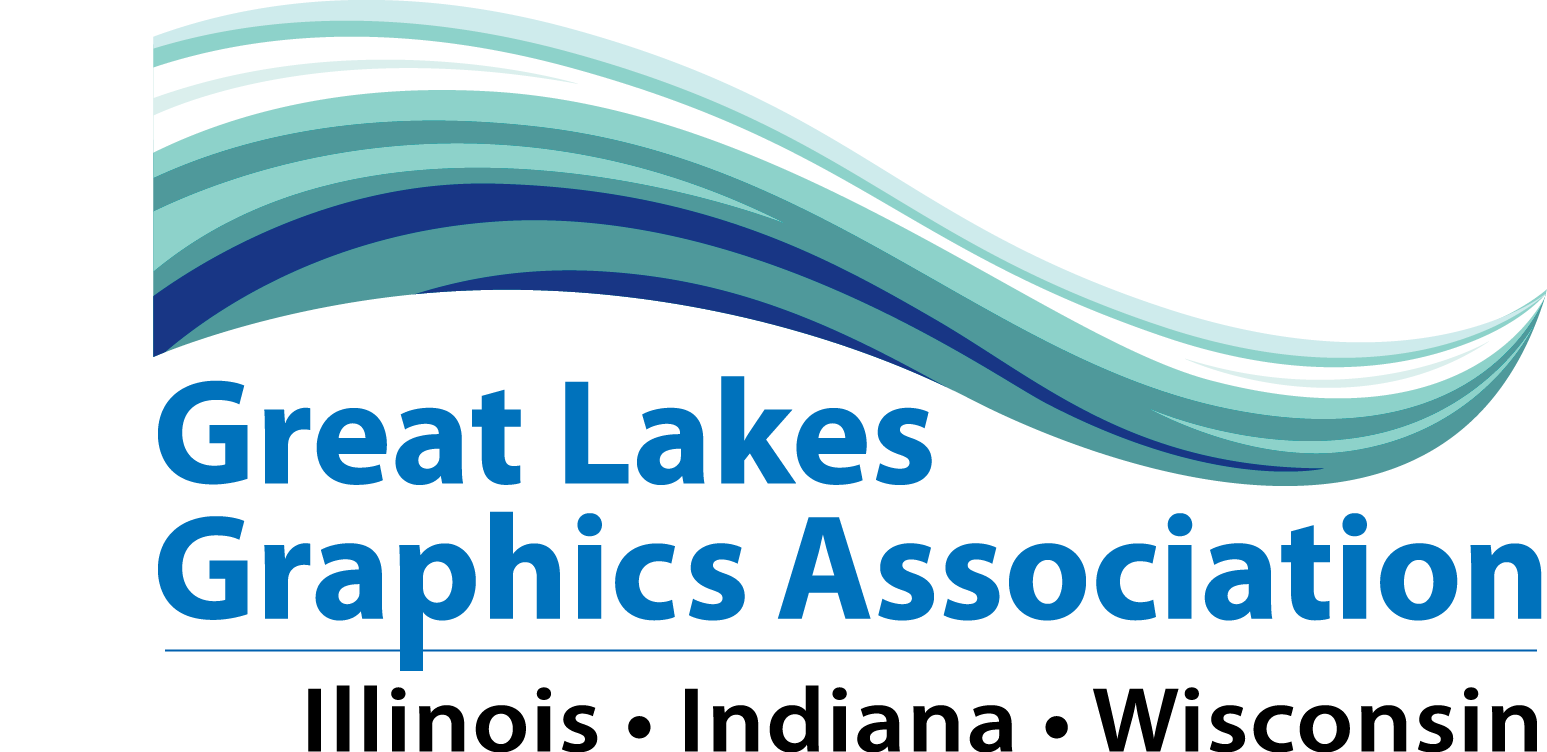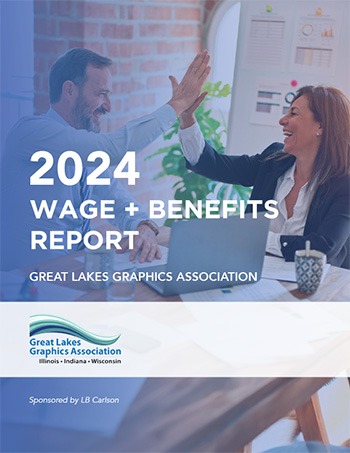Six Monthly, 60 to 90-minute webinars from November 7, 2024 to March 25, 2025
Have you tried the HR Academy yet?
Developed by Association Legal Counsel Ferrara Fiorenza, this six-session virtual learning program tackles the key aspects of Human Resources Management with a straightforward, user-friendly and “real world“ approach. Check out the schedule and topics.
Scheduling inconvenient? Contact GLGA at jlyman@glga.info to arrange your company’s custom scheduling. We provide the program; you train your team when convenient for you!
HR Academy Objectives
The program’s goals are to teach managers and supervisors eff ective human resource management skills which maximize organi-zational success and minimize the risk of employment related litigation. Ultimately, it is our objective to provide the participating companies with a roadmap for not only complying with complex statutory, administrative, and judicial regulations, but also to demonstrate how their employees can thrive in such an environment.
Session 1: Understanding the Basics of Workplace Regulation
Supervisors can’t follow the rules if they don’t know them to begin with. It is often difficult for managers and supervisors to appreciate that the workplace is regulated unlike any other social setting. Conduct and speech accepted and even encouraged outside of work can be a minefield of potential legal pitfalls during the workday. This class will off er your supervisors a baseline understanding of the workplace as a legal arena so they can spot and avoid the most common trouble spots. Learning objectives include:
- Understanding that the “supervisor is the employer” for most employment purposes;
- Learning the practical meaning of and implications surrounding anti-discrimination laws;
- Appreciating the possibility and ramifi cations of personal liability;
- Learning the most common employment laws they encounter daily – often without knowing it; and
- Learning powerful lessons of applying principles of “Real” and “Legal” fairness at work.
Session 2: How to be an Effective Leader in your Company
Whether they realize it or not, your supervisors are leaders of your business. Effective management today requires so much more than core technical knowledge. Today’s workforce has changed dramatically, and eff ective management demands an appreciation of this leadership role. Many supervisors are promoted into supervisory positions from production positions. All too often, these supervisors have difficulty transitioning from “friend” to supervisor. This session will help participants: (1) acquire a set of leadership skills that will increase their ability to lead and influence others more effectively, and (2) enhance their ability to prepare for important one-on-one discussions at work, based on an assessment of the tasks and relationships involved.
Session 3: Employment Documentation (Finally) Done Right!
Forms and templates simply don’t work. For years supervisors have heard HR managers’ — and lawyers — mantra of “document, document, document.” Yet, many times, a supervisor’s documentation in an employment dispute does more harm than good. Understandably preoccupied with getting their jobs “out the door”, few know how to do it right. This session will off er your supervisors powerful techniques to capture the essence of employee performance and conduct issues so often lost on even the best supervisors.
Trainees will learn:
- All communication – writing, text, video and more – formal and informal is “documentation”, whether we want it to be or not;
- How to create documentation that will justify employment actions when reviewed by auditors, investigators or judges; and …
- How to avoid creating negative documentation, i.e., documentation that “can be used against you in a court of law”.
Session 4: What You Need to Know about Managing Disability Related Absences
Few issues cause more confusion and frustration than the uncertainties of long-term absences. Supervisors are often unaware of the legal protections at play and of the effective tools they can employ to manage extended time away from work proactively and appropriately. This session addresses the potential confl icts caused by overlapping federal and state laws concerning employee leaves of absence, i.e., the Americans with Disabilities Act, the Family and Medical Leave Act and the State workers’ compensation laws, and other time off statutes. It presents managers with both a practical guide to complying with these statutes, and helps identify issues related to disability absences, and the avoidance of the legal pitfalls associated with this important aspect of human resource management. Learn to successfully comply with these complex and overlapping laws.
Session 5: Eliminating the Root Causes of Employment Discrimination and Harassment
Discrimination and harassment lawsuits continue to cost employers dearly and have a profoundly adverse impact on our workplaces. This session will set aside the ever-increasing list of “dos and don’ts” that characterize most discrimination/harassment workshops today. Employees are either unable or unwilling to internalize this list or otherwise apply the principles presented. The fact that complaints of discrimination and harassment are on the rise is, in part, an indication that traditional training has failed. This workshop focuses on the root causes of these complaints and how to eliminate them. We off er the proven best practices for protecting your company from discrimination/harassment claims.
Session 6: Turning Around the Non-Performing Employee (or Turning Them Loose)
Truly essential training for all supervisors, this program will offer the key skills necessary to effectively manage the non-performer. Participants will be instructed on: (1) how to recognize the difference between a training problem and a motivation problem; (2) how to motivate employees; and (3) how to perform legally defensible progressive discipline, up to and including discharge. The program will address important aspects of conducting an effective investigation of employee conduct as well as review the legally sound and practical techniques for documenting the process.

